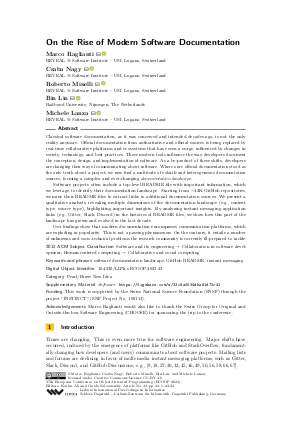LIPIcs.ECOOP.2023.43.pdf
- Filesize: 2.94 MB
- 24 pages

 Creative Commons Attribution 4.0 International license
Creative Commons Attribution 4.0 International license






















































Feedback for Dagstuhl Publishing